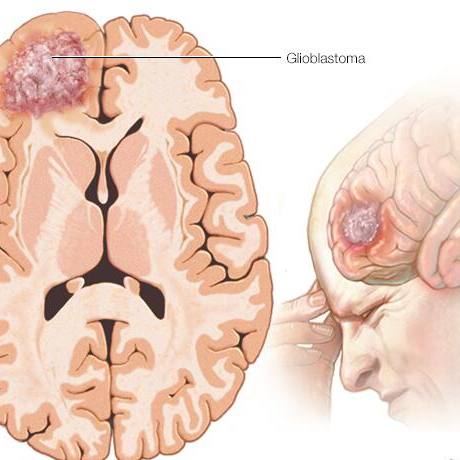-
 Cancer
CancerMayo Clinic: Less Invasive Surgery Detects Residual Breast Cancer in Lymph Nodes after Chemotherapy
ROCHESTER, Minn. — Most patients whose breast cancer has spread to their lymph nodes have most of the lymph nodes in their armpit area removed after chemotherapy to see if any cancer remains. A study conducted through the American College of Surgeons Oncology Group and led by Judy Boughey, M.D. a breast surgeon at Mayo Clinic shows that a less invasive procedure known as sentinel lymph node surgery successfully identified whether cancer remained in lymph nodes in 91 percent of patients with node-positive breast cancer who received chemotherapy before their surgery. In sentinel lymph node surgery, only a few lymph nodes, the ones most likely to contain cancer, are removed. The findings are being presented at the 2012 CTRC-AACR San Antonio Breast Cancer Symposium.
MULTIMEDIA ALERT: Animation and a video interview with Dr. Boughey are available for journalists to download on the Mayo Clinic News Network.
"Since treatment with chemotherapy before surgery can eliminate cancer in the lymph nodes in some patients, we were interested in evaluating whether sentinel lymph node surgery could successfully identify whether cancer remained in the lymph nodes after chemotherapy," says Dr. Boughey. Removing only a few lymph nodes reduces the risk of surgical complications such as numbness and arm swelling, she says.
Researchers studied 756 women with node-positive breast cancer who received chemotherapy as an initial treatment. Of study participants, 637 patients had both sentinel lymph node and axillary lymph node surgery. Sentinel lymph node surgery correctly identified whether cancer lingered in 91 percent of patients, including 255 patients with node-negative breast cancer and 326 patients with continuing node-positive disease.
Researchers also found that 40 percent of the patients had complete eradication of the cancer from the lymph nodes. The study had a false-negative rate of 12.6 percent and the false negative rate was significantly lower with the use of dual tracers (blue dye and radiolabeled colloid) to identify the sentinel lymph nodes.
Dr. Boughey says that technical factors in surgery are important to help ensure correct staging,
the process of determining how far cancer may have spread.
The study was conducted through the American College of Surgeons Oncology Group and funded by the National Cancer Institute.
Other authors include: Vera Suman, Ph.D., Mayo Clinic, Rochester; Elizabeth Mittendorf, M.D., MD Anderson Cancer Center; Gretchen Ahrendt, M.D., Magee-Women's Surgical Associates; Lee Wilke, M.D., University of Wisconsin, Madison; Bret Taback, M.D., Columbia University Medical Center; M. Leitch, M.D., University of Texas Southwestern Medical Center, Dallas; Teresa Flippo-Morton, M.D., Carolina's Medical Center, Charlotte; David Byrd, M.D., University of Washington Medical Center, Seattle; David Ollila, M.D., University of North Carolina- Chapel Hill; Thomas Julian, M.D., Allegheny General Hospital, Pittsburgh; Sarah McLaughlin, M.D., Mayo Clinic, Jacksonville; Linda McCall, Duke University Medical Center; W. Symmans, M.D., MD Anderson Cancer Center; Huong Le-Petross, M.D., MD Anderson Cancer Center; Bruce Haffty, M.D., The Cancer Institute of New Jersey; Thomas Buchholz, M.D., MD Anderson Cancer Center, Kelly Hunt, M.D., M.D. Anderson Cancer Center.
About Mayo Clinic Cancer Center
As a leading institution funded by the National Cancer Institute, Mayo Clinic Cancer Center conducts basic, clinical and population science research, translating discoveries into improved methods for prevention, diagnosis, prognosis and therapy. For information on cancer clinical trials, call 507-538-7623.
Media Contact: Joe Dangor, 507-284-5005 (days), newsbureau@mayo.edu







